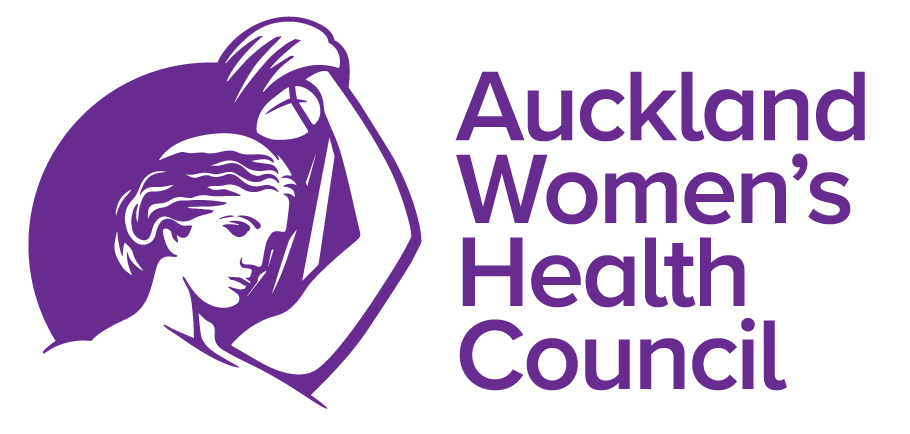The Health Committee recently released its report on the petition of Carmel Berry and Charlotte Korte requesting an inquiry into the use of surgical mesh in New Zealand.1 It makes for sobering reading as among other things it details Medsafe’s response to the issues raised by the petitioners and their call for an inquiry. The incredible damage the mesh has caused to the bodies and lives of hundreds of New Zealanders, the millions of dollars paid out in ACC claims (new figures show that ACC has paid out $10 million in treatment injury claims from botched surgical mesh implants), and the lack of informed consent reported by mesh implant sufferers were not enough to persuade the Health Select Committee that an inquiry was warranted.
However, the Health Committee did make seven recommendations to the government. They are:
- That it work with relevant medical colleges to investigate options for establishing and maintaining a surgical mesh registry
- That a registry be informed by the International Urogynaecological Association classification for recording mesh surgery complications
- That it suggest that the Colleges take note of the petitioners’ and others’ experiences and review best practice around informed consent for mesh procedures
- That it encourage health providers to ensure that coding for mesh surgery is consistent. This should include a system to allow patients with mesh complications to be identified and monitored
- That it encourage utilisation of the adverse events reporting system as applicable to medical devices
- That it endorse the provision of ongoing education for surgeons on the use of surgical mesh and mesh removal surgery
- That it consider expanding Medsafe’s role over time to assess the quality and safety of a medical device before it can be used in New Zealand.
The Committee’s report records that Medsafe did not support a New Zealand registry of surgical mesh as they did not believe it would improve patient safety.
The petitioners asked for mesh devices to be reclassified as a class III (high risk) device. Medsafe did not support a change to the classification of mesh as it would require a change to the regulations, and a change would not necessarily prevent a device from being made available in New Zealand.
Medsafe also did not support the petitioners’ recommendation that the reporting of all device-related adverse events should be mandatory for surgeons and GPs.
Medsafe’s response to the horrendous complications associated with the use of urogynaecological mesh is completely unacceptable.
On 20 June Kathryn Ryan interviewed Patricia Sullivan, another eloquent and informed mesh victim.2
References
1. Petition 2011/0102 of Carmel Berry and Charlotte Korte (1 June 2016)
2. http://www.radionz.co.nz/national/programmes/ninetonoon/20160620
